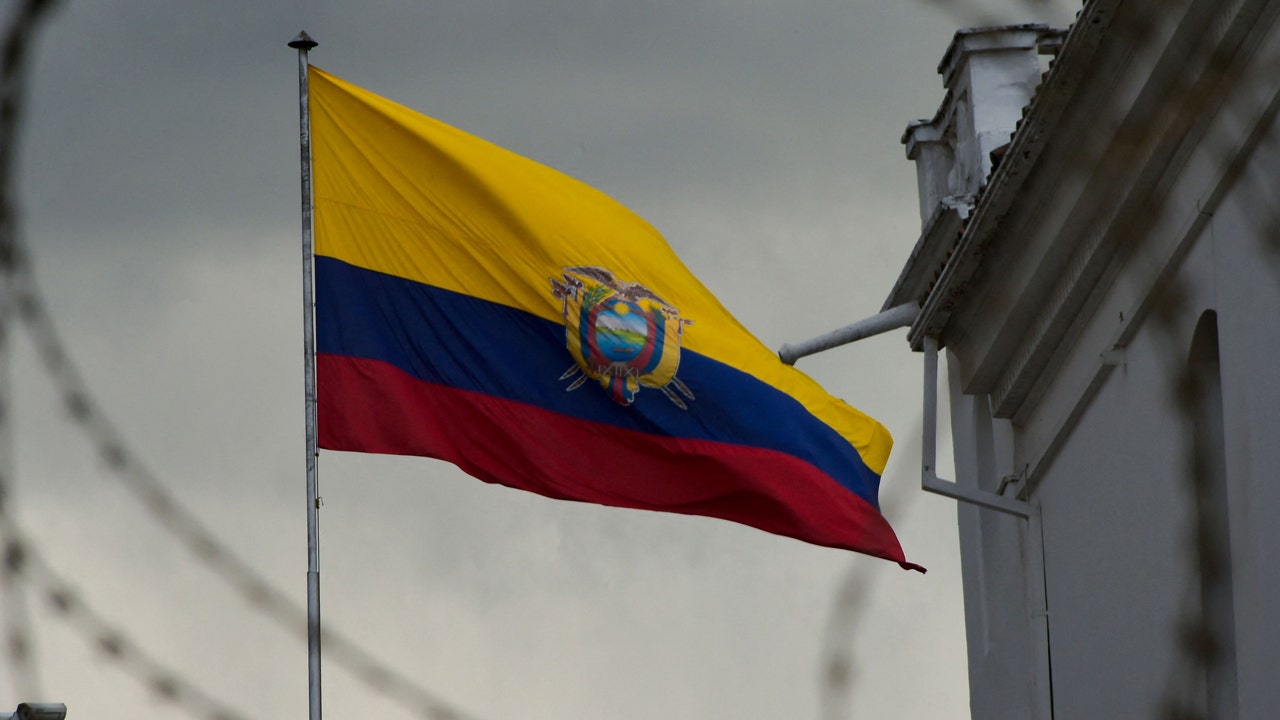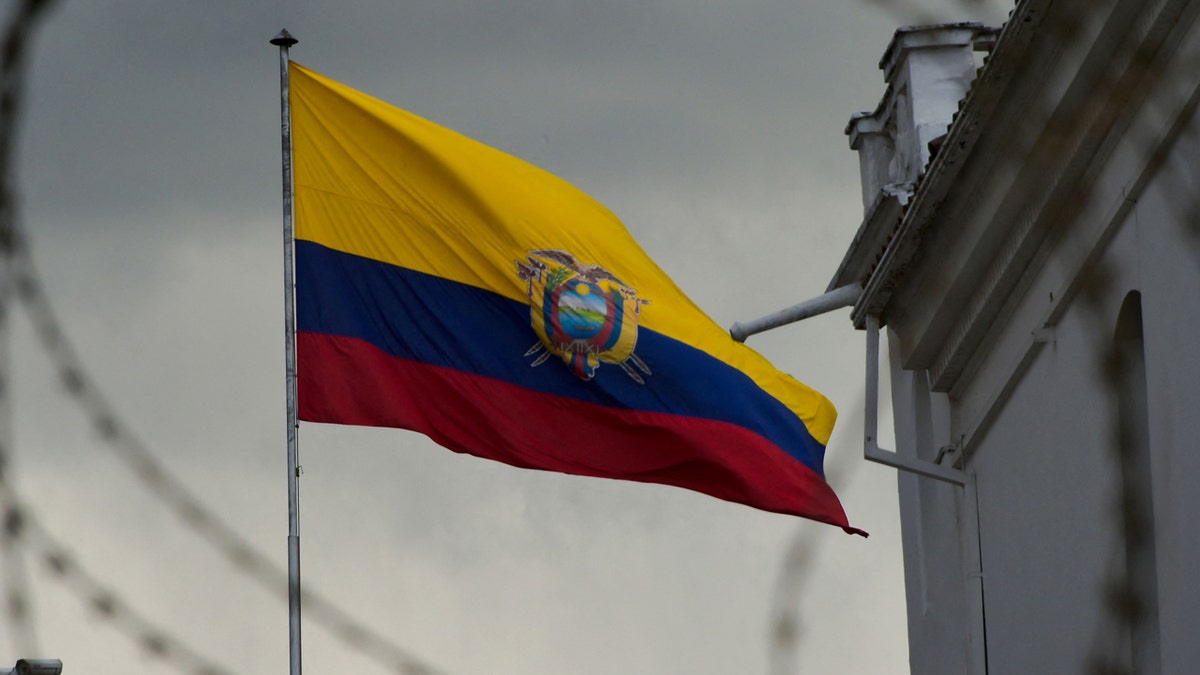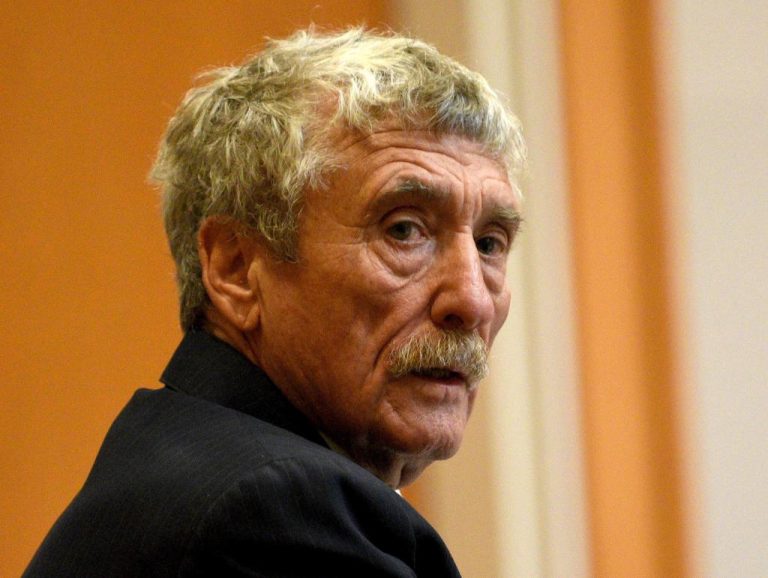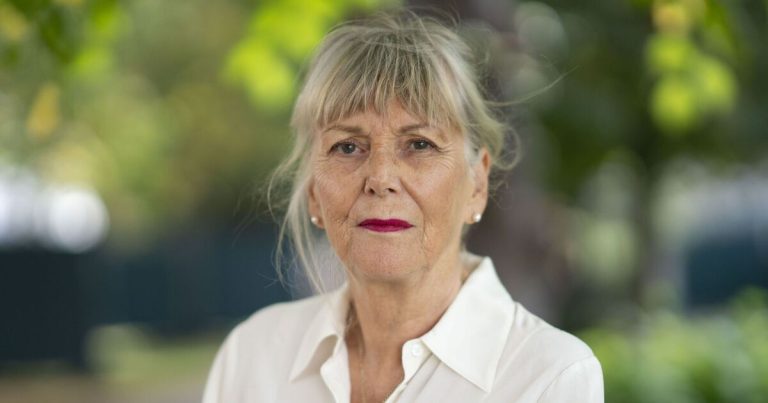
Ecuador’s high court on Wednesday decriminalized euthanasia and ordered lawmakers and health officials to draft rules and regulations for the procedure.
The decision of Ecuador’s highest court came in response to a lawsuit from a terminally ill woman diagnosed with amyotrophic lateral sclerosis, commonly known as ASL, who had argued that she should be allowed to have death with dignity.
ECUADOR LAUNCHES MANHUNT AFTER ‘MOST-WANTED PRISONER’ VANISHES
In Latin America, Colombia previously had been the only country to decriminalize euthanasia, in which doctors used drugs to kill terminally ill patients. Uruguay and Chile are debating the matter. The practice is legal in Belgium, Canada, Luxembourg, Netherlands, New Zealand, Spain and several states in Australia.
Other jurisdictions, including several U.S. states, permit assisted suicide — in which patients take the lethal drug themselves, typically in a drink prescribed by a doctor.
The lawsuit in Ecuador was filed by Paola Roldán in August 2023. She argued that a death with dignity is a right of “those who suffer and have suffered serious or incurable diseases.” She said they should be allowed to “freely and voluntarily to end their life” to stop “intense physical or emotional pain or suffering.”

The Ecuadorean flag is seen flying outside Carondelet Presidential Palace, Quito, Ecuador, Oct. 9, 2019. (Photo by Rodrigo BUENDIA / AFP) (Photo by RODRIGO BUENDIA/AFP via Getty Images)
Roldán, 42, began experiencing symptoms of ASL, which weakens muscles and impairs physical functions, in 2020.
Under Wednesday’s ruling, the court gave lawmakers and officials up to 12 months to develop the appropriate rules and regulations to implement the decision.
Roldán also had asked for expedited permission in her own case, and her attorneys were not immediately available to comment on the ruling and how soon they think their client could benefit from it.
CLICK HERE TO GET FOX NEWS APP
“The Court considers that the issue raised relates to the rights to a life with dignity and the free development of personality,” the ruling said. “Therefore, after carrying out an examination, it concludes that life admits exceptions to its inviolability when it seeks to protect other rights.”







